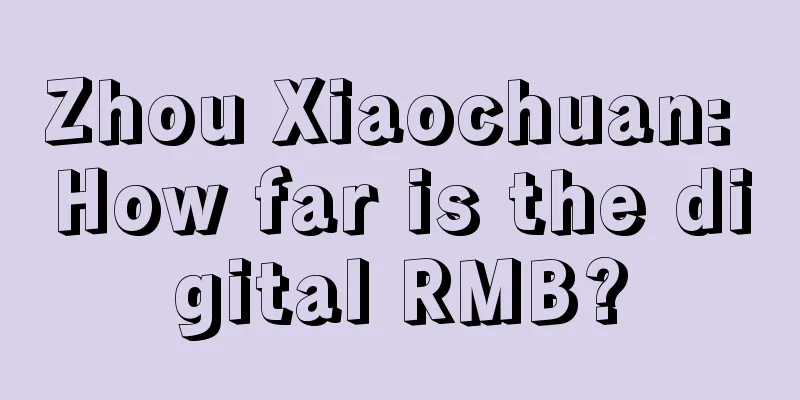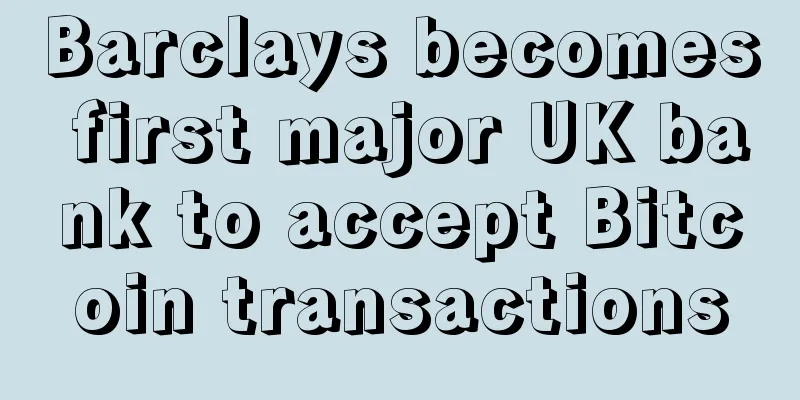EU Commission announces proposals for anti-money laundering and counter-terrorist financing rules

|
New EU rules on anti-money laundering and counter-terrorist financing The European Commission (European Commission) announced an "ambitious package" of legislative proposals on July 20 local time to strengthen the EU's anti-money laundering and counter-terrorism financing (AML/CFT) rules, improve the detection of suspicious transactions and activities, and plug loopholes for criminals to launder money or finance terrorist activities through the financial system. In addition, the package also includes a proposal to establish a new EU anti-money laundering agency. “Today’s measures significantly strengthen the existing EU framework by taking into account new and emerging challenges related to technological innovation. These include virtual currencies, more integrated financial flows in the single market and the global nature of terrorist organisations,” the European Commission’s announcement said. The proposal, “will contribute to a more coherent framework to simplify compliance for operators subject to AML/CFT rules, in particular those that are active cross-border.” The European Commission's package includes four legislative proposals: (1) Regulation establishing a new EU anti-money laundering/counter-terrorist financing authority; (2) Anti-Money Laundering/Counter-Terrorism Financing Regulations, which contain directly applicable rules covering the areas of customer due diligence and beneficial ownership; (3) the Sixth Directive on Anti-Money Laundering/Countering Terrorist Financing (“AMLD6”), which replaces the existing Anti-Money Laundering Directive 2015/849/EU; (4) Amend the Transfer Funds Regulations 2015 (Regulation 2015/847/EU) to track the transfer of crypto assets. At the heart of the legislative package is the creation of a new EU body to transform EU AML/CTF regulation and strengthen cooperation between financial intelligence units (FIUs). The new EU Anti-Money Laundering Agency (AMLA) will be a "central body for coordinating national authorities" to ensure that EU rules are correctly and consistently applied by the private sector. AML laws will also support FIUs in improving their analytical capabilities for illicit financial flows and use financial intelligence as a key source for law enforcement agencies. It is reported that the European Parliament and the Council will discuss the above legislative proposals. In addition, the European Commission hopes that the new EU-level anti-money laundering agency can begin operations in 2024, but it will start its direct supervision work later after the directive conversion and the new regulatory framework become applicable. Comprehensive coverage of crypto regulation Currently, only certain categories of crypto asset service providers are included in the EU's anti-money laundering/counter-terrorist financing rules. According to the package plan, the EU's anti-money laundering/counter-terrorist financing rules will be fully applicable to the crypto sector. The European Commission made it clear in the announcement: "The proposed reform will extend these rules to the entire crypto industry, requiring all service providers to perform due diligence on their customers. Today's amendments will ensure full traceability of crypto asset transfers (such as Bitcoin) and allow for the prevention and detection of their possible use for money laundering or financing terrorism. In addition, anonymous crypto asset wallets will be banned, and EU anti-money laundering/anti-terrorist financing rules will be fully applied to the crypto field." In conjunction with the published proposals, the relevant specific regulatory requirements in the crypto field include: 1. All Bitcoin and other crypto-asset service providers are obliged to conduct due diligence on their customers. All service providers involved in crypto-asset transactions are obliged to collect and provide various personal data about the senders and recipients of virtual or crypto-asset transactions they operate, including name, ID number, account number (based on each service provider's system), the place where the account was created and exists, and the exact location where the transaction was processed. 2. In order to "ensure full traceability of transfers of crypto assets (such as Bitcoin)", the European Commission is discussing the "custodial wallet provider" clause in its proposal to revise the Funds Transfer Regulation, pointing out that "wallet address" refers to the alphanumeric code of an account number or wallet on the blockchain that is ensured by the crypto asset service provider. 3. Ban "anonymous crypto asset wallets" to help quell money laundering. The new proposal of the European Commission will "adjust the scope of the Anti-Money Laundering Directive", which applies to the exchange of crypto assets for currencies, which is an activity covered by the European Commission's proposed Crypto Asset Market Regulation (MiCA), especially the exchange of one crypto asset for another. "These proposed rules prohibit the opening or use of anonymous crypto asset accounts." It is worth noting that the European Commission specifically pointed out that "(the proposal) is to balance the risk of transactions going underground due to overly strict identity requirements and the potential terrorist threat posed by small-value fund transfers in order not to undermine the efficiency of payment systems and crypto asset transfer services." The European Commission also claimed that “these proposals aim to find the right balance between addressing these threats and complying with international standards, without placing an excessive regulatory burden on the industry.” It also stated that “on the contrary, these proposals will help the development of the EU crypto-asset industry as it will benefit from an updated, unified legal framework across the EU.” |
<<: Kazakhstan has become the main choice for many Chinese mainland mine owners to go overseas
>>: US Senate to investigate role of cryptocurrencies in cybercrime, prepares for regulation
Recommend
Do women with long lower parts of the face have the appearance of being rich and noble? Explanation of the three-part face reading!
The three parts of the face reflect a person'...
Japanese financial giant SBI launches Bitcoin lending service
On November 24, according to foreign media report...
After Ethereum hard fork, Krypton wants to write more secure smart contracts
Rage Review : After the DAO incident, Krypton wan...
Related explanations for women with s-shaped eyebrows Is it good for women to have s-shaped eyebrows?
Women with shaggy eyebrows are smart In fact, wom...
What is the fortune of having scars on ankles?
What is the fortune of having scars on ankles? 1....
What secrets does a woman with a small mouth hide?
Bai Juyi wrote a poem in praise of her: Fan Su’s ...
A woman with a crooked nose
Living in today's society, money plays a vita...
Myanmar 10G free PHP hosting space MMFreeWeb registration tutorial
As a leading hosting service provider in Myanmar,...
Palmistry and Fingerprint Fortune Telling
Zhouyi Fingerprint Fortune Telling Steps of Zhouy...
Is it true that a girl with a mole on the corner of her eye will bring bad luck to her husband?
Whether male or female, everyone hopes to have a ...
Health fortune from nose reading
Health fortune from nose reading A full nose indi...
Mole analysis of moles on the inner thigh
Traditional physiognomy covers a wide range, among...
How does a man who can make money look like? He has a strong ability to make money.
If a man can make money, such a man can attract a...
5 palm lines that indicate a woman's miserable life
5 palm lines that indicate a woman's miserabl...
Is it good for a man to look fierce?
The face can reflect many aspects of our informat...









